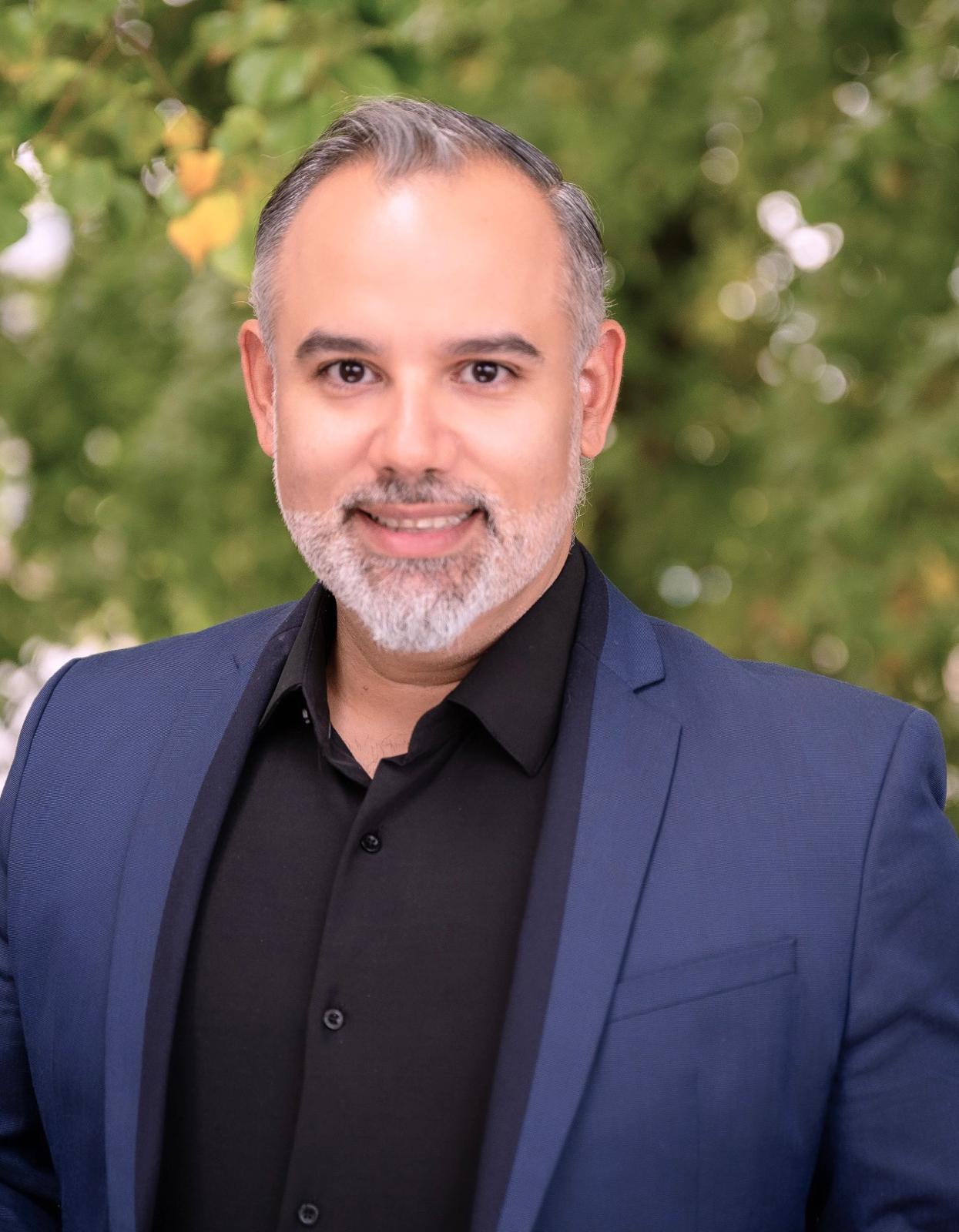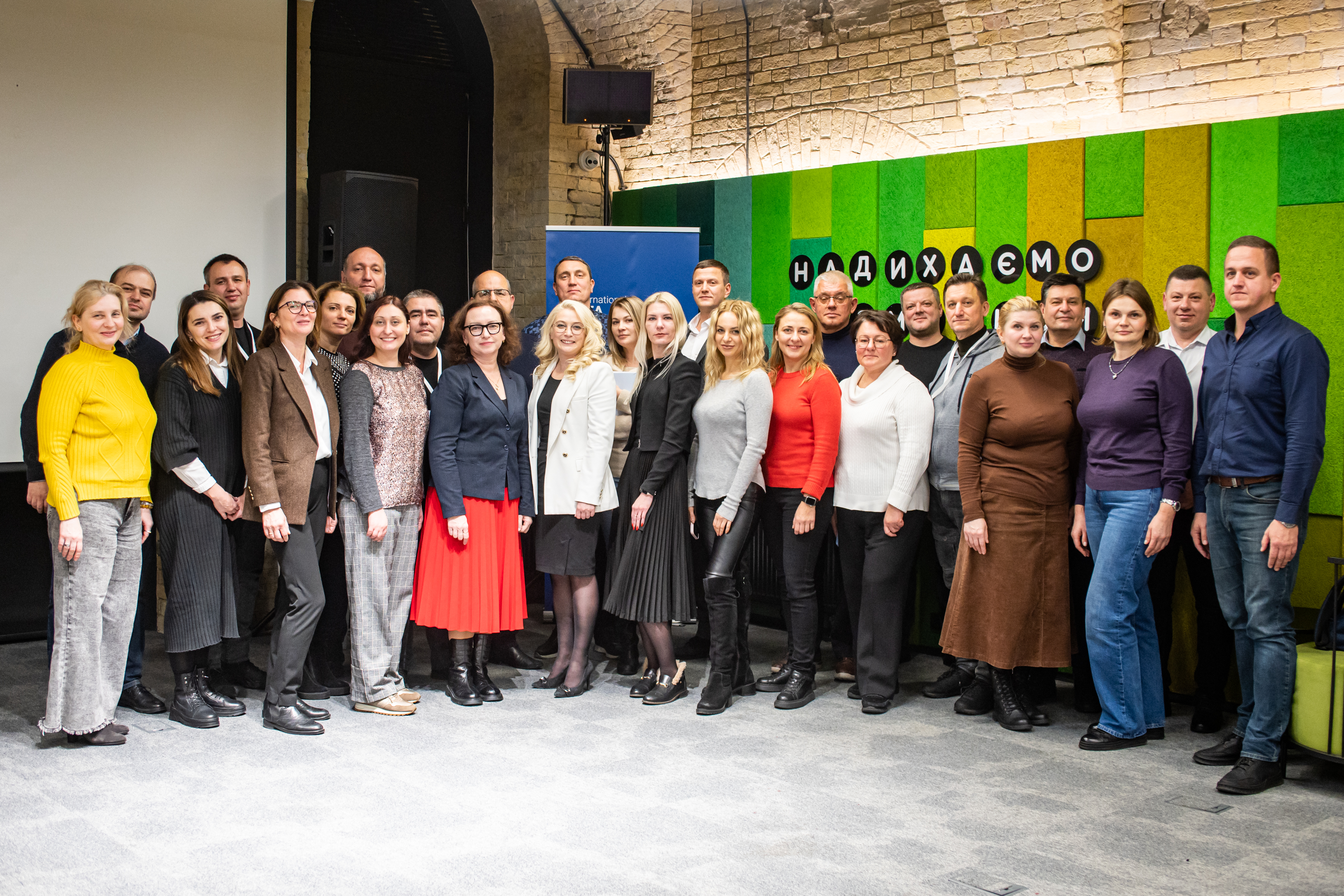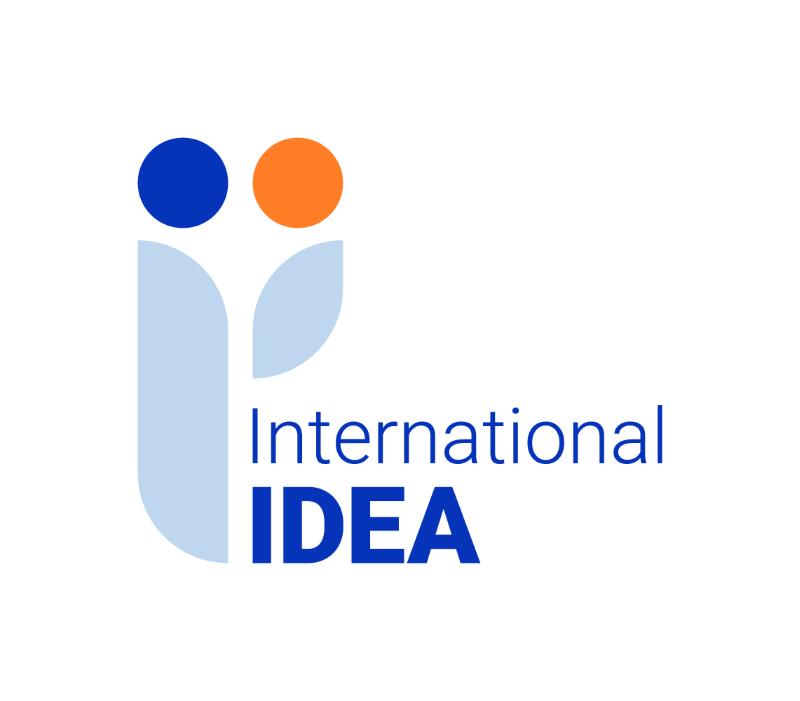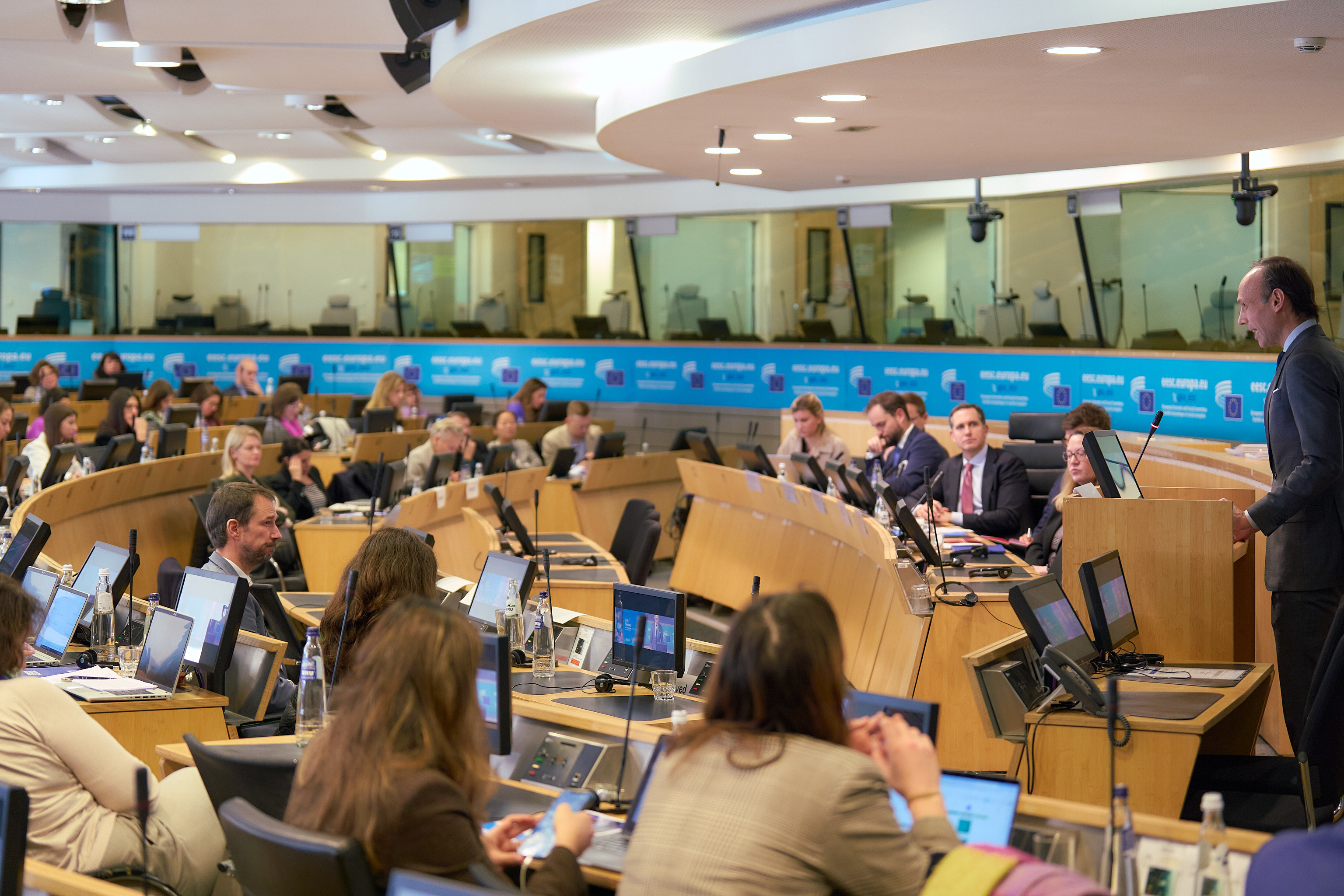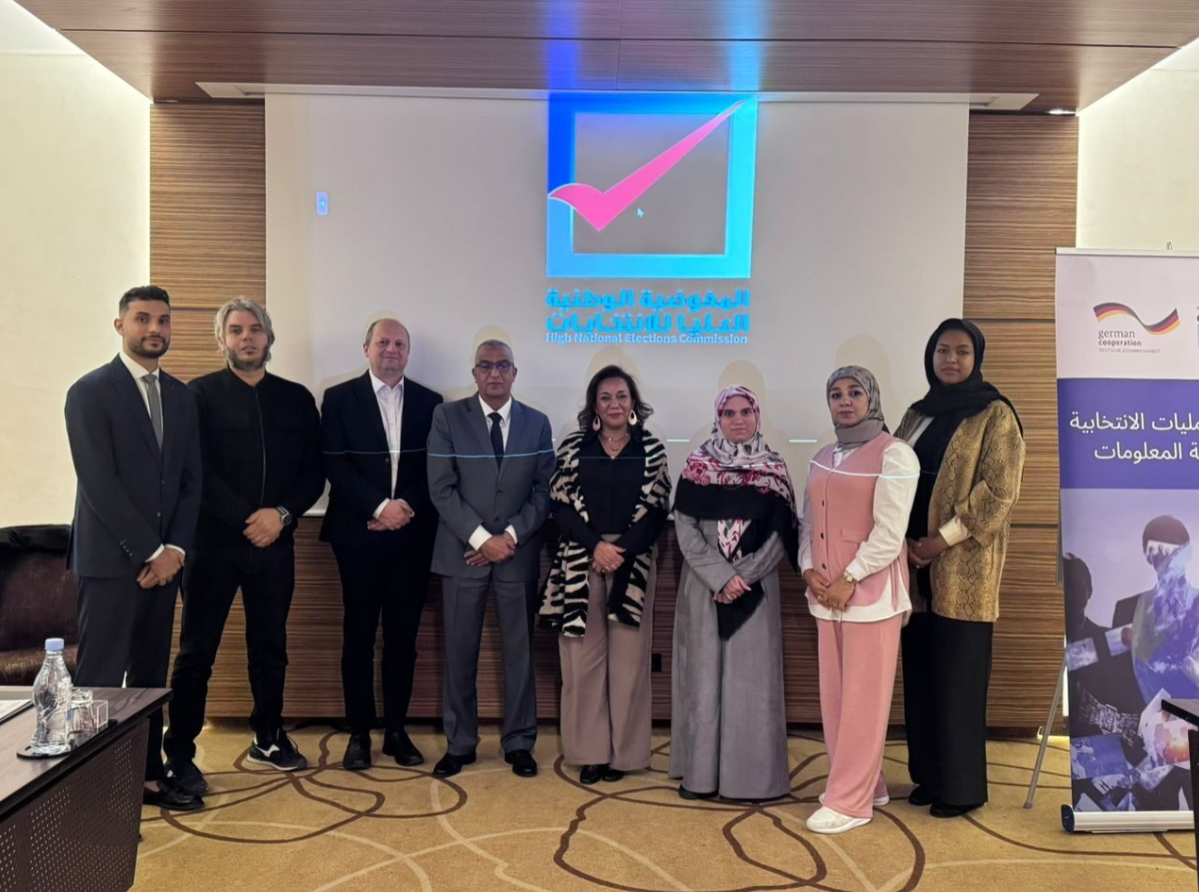Challenges and opportunities for the advancement of gender equality in the Asia-Pacific region
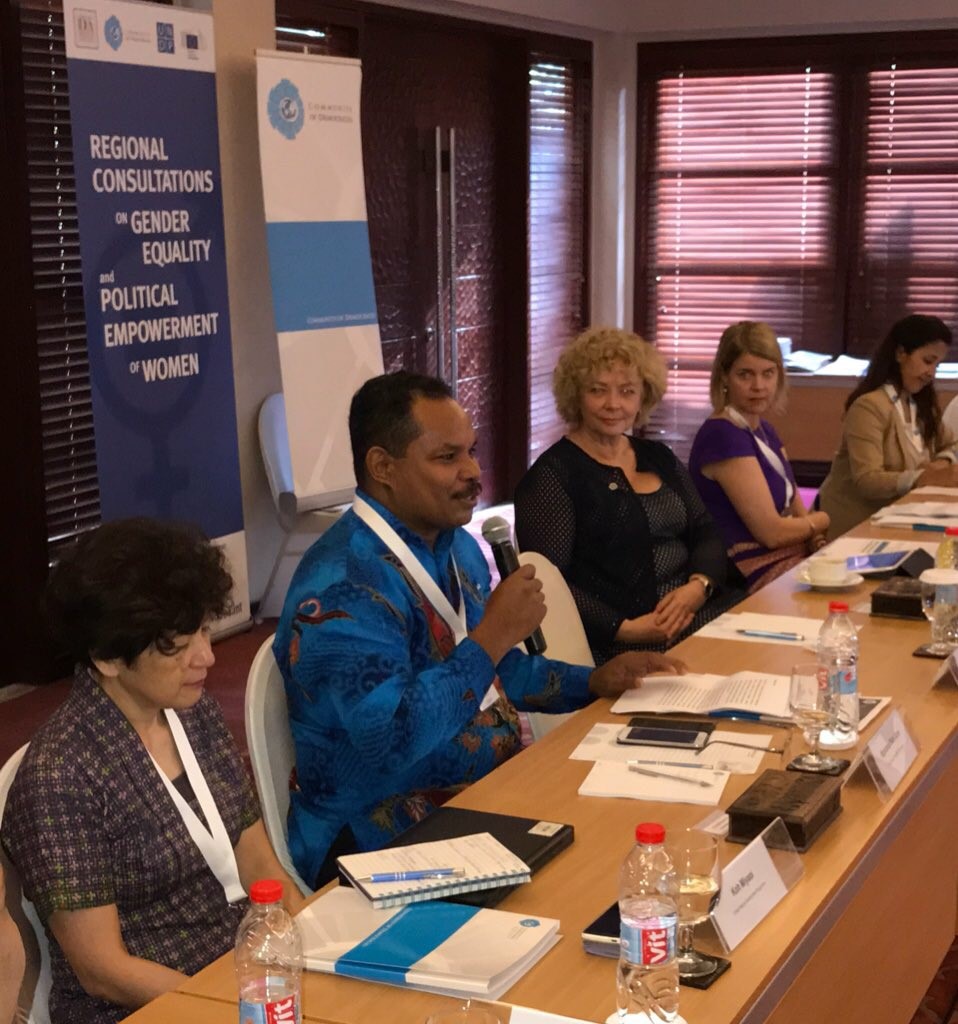
The 9th Bali Democracy Forum provided the perfect opportunity for International IDEA, the Community of Democracies and the United Nations Programme for Development (UNDP) to hold the Asia-Pacific consultation on political empowerment of women. The consultation represents the second regional consultation on this issue, after another was held in November 2016, which focused in Europe.
The Asia-Pacific consultation aimed to identify the main global, legal and regional instruments that are guiding the advancement of gender equality and political empowerment of women in the Asia and the Pacific region. The consultation highlighted the challenges and opportunities as perceived by the international, regional and sub-regional organizations, as well as by the governments, practitioners and civil society organizations (CSOs.) The discussions gathered the best regional practices and experiences in the task of supporting the implementation of the 2030 Agenda for Sustainable Development, namely Goals 5 (Gender Equality), 10 (Reduced Inequalities), and 16 (Peace, Justice and Strong Institutions).
Representatives of the region’s governments, civil society and academia, including the Philippines, Myanmar and Nepal, participated in the event, together with representatives from International IDEA, the United Nations Development Programme (UNDP), Association of Southeast Asian Nations (ASEAN), the Pacific Islands Forum (PIF) and the Community of Democracies (CoD).
The key takeaways from the discussions were:
- There is a need to continue promoting equal access to education at all levels for men and women, with an emphasis at elementary education. The discourse should be oriented toward the recognition of equal rights and equal capacities among men and women. This will also be instrumental in moving away from traditional and cultural stereotypes.
- There is a need to engage men at all levels to effectively achieve gender equality and foster the political participation of women. Without men, there will not be a substantial advancement of women, nor full recognition of women to actively participate in the political life at the local, regional and national level.
- The international community, particularly regional organizations, need to work together with national governments to develop capacity building instruments to support and empower women’s capacities by giving them tools to effectively engage at the political level. This is key to making capacity building instruments inclusive and holistic.
- International and regional legal/policy instruments have set relevant frameworks to advance gender equality in the Asia-Pacific, particularly in support of the implementation of the 2030 Agenda for Sustainable Development. However, these instruments have not fully implemented in the national legal framework, and there is discontinuity between the global legal frameworks and the national and regional targets to achieve the full set of goals by 2030.
- Achieving the political empowerment of women in the private and public sectors, and securing a stronger female participation in political parties; fostering the creation of alliances among key stakeholders (governments, regional organizations, civil society, practitioners and academia); balancing gender quotas depending on national and regional realities; the identification of gaps on the legal and policy instruments regionally and globally; the adequate channeling of financial resources are the main challenges to fully achieve gender equality in line with the 2030 Agenda for Sustainable Development.
The programme of the consultations intend to emphasize the needs of each region and allow the participation of relevant actors. Consultations in early 2017 will focus on Africa and the Americas. The results of the regional consultations will be captured in reports summarizing the final recommendations. The key components of the regional reports will be integrated into an Inter-Regional Policy Guidebook on Gender and Political Participation of Women.
